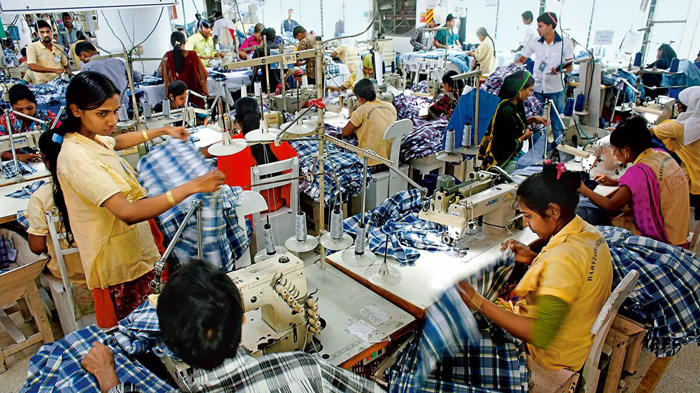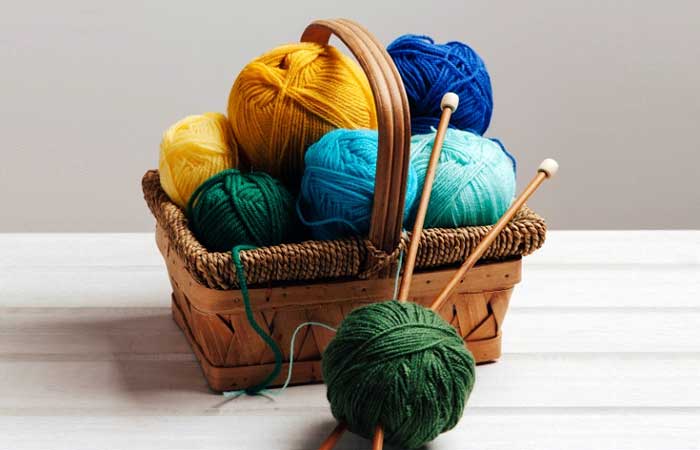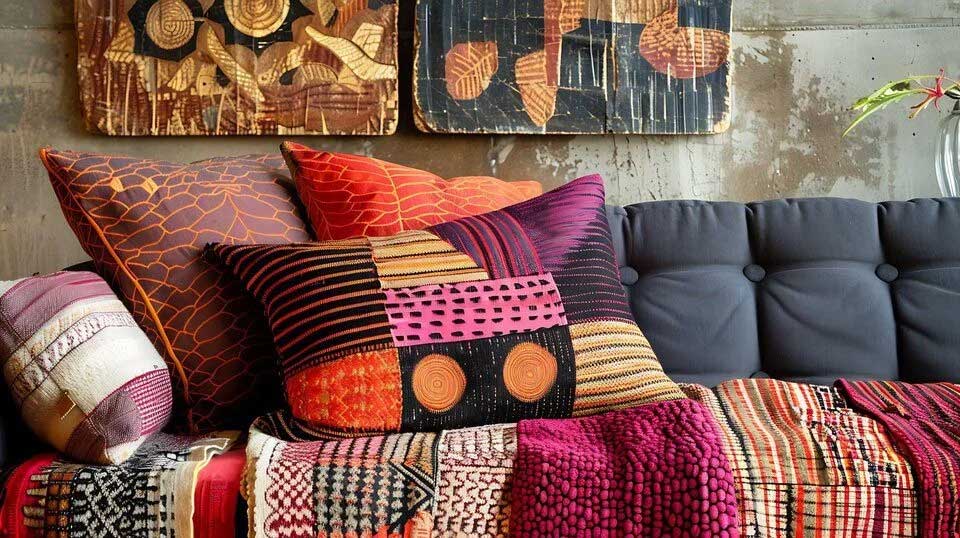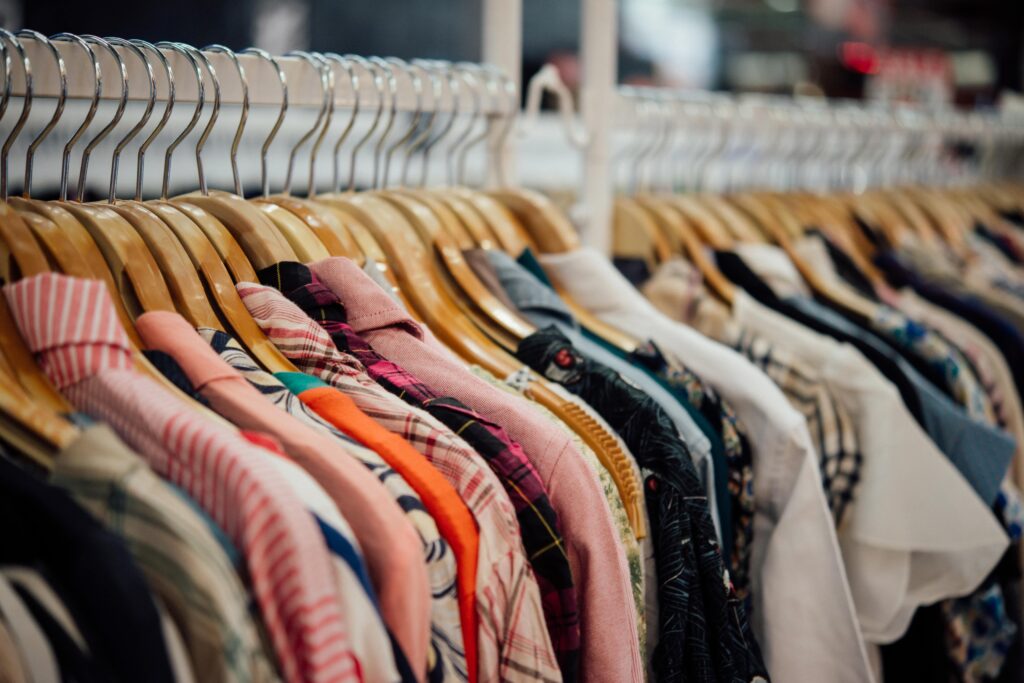The cellulose fibres conference will take place in Cologne on February 11TH and 12th, 2020 the focus is on markets, technologies and sustainability. The global cellulose fibre market is one of the fastest-growing markets altogether, with an annual growth rate of almost 10%. Experts estimate that sales will exceed 50 billion dollars in 2025.
The increasing demand for environmentally friendly and biodegradable fibres for textiles, hygiene products and plastic substitutes in packaging are the most important drivers for growth. In this context, political regulations, which aim to drastically reduce the discharge of microplastics into the environment, play an important role.
In order to be able to meet the constantly growing demand, large investments in wood-based biorefineries are currently undertaken. This is particularly visible in Asia and Northern Europe, where other wood chemistry products are manufactured in addition to cellulose fibres.
This ensures that all components of the wood are used. Increasingly, alternative raw material sources are being used as well, such as used textiles, waste wood, agricultural industry residues and wastewater, which often still contains cellulose. Utilising such alternative sources, the ecological footprint of cellulose fibres can be even further reduced.
Leading companies such as Lenzing (Austria), Sateri (China), Aditya Birla (India), Södra (Sweden), Metsä Fibre (Finland) and Kelheim Fibres (Germany) will present their latest technological developments, new properties and applications. Furthermore, life cycle Institute for Ecology and Innovation assessments and concepts for the extraction of cellulose fibres from alternative raw material sources will be presented, whereby the fibres can be reintegrated into the circular economy to be used again. In this context, auxiliary materials (Bozzetto (Italy)) and equipment (Levaco Chemicals (Germany)) are also included in the ecological optimisations.
The market leaders in the industry are joined by numerous start-ups and leading research institutes from Denmark, Germany, Finland, the Netherlands, Sweden and the USA. Sustainability will be highlighted by two sessions and a panel discussion, in which users, certifiers and environmental groups will participate. Particularly the environmental activists of Canopy (Canada) have set themselves the goal of developing corporate solutions that protect the last natural forests. 750 companies have already joined this goal.
An additional thematic focus is the biodegradability of cellulose fibres. This topic is of particular importance because microfibres inevitably enter the wastewater during the washing of textiles. Furthermore, various disposable plastic products that can be partially substituted by cellulose fibres will be banned from 2021. There will be interesting scientific presentations on these topics from the Niederrhein University of Applied Sciences (Germany) and the Scripps Institution of Oceanography, UC San Diego (USA), among others.
Sateri (China), Lenzing (Austria) and Bozzetto (Italy) will support the conference as gold sponsors. In addition, LEVACO Chemical (Germany) will be involved as a silver sponsor and NC Partnering (Finland) and Stora Enso (Finland/Sweden) as bronze sponsors.
Premium partner of the conference is the environmental activist group Canopy (Canada). Other well-known partners of the conference are BCNP Consultants (Germany), C.A.R.M.E.N. Germany, CLIB Germany, the Institute of Textile Technology (ITA) of RWTH Aachen University Germany, PEFC International Switzerland/Germany, Textile Exchange Germany/USA, The Fibre Year Consulting, Switzerland and the World Bioeconomy Forum, Finland.













